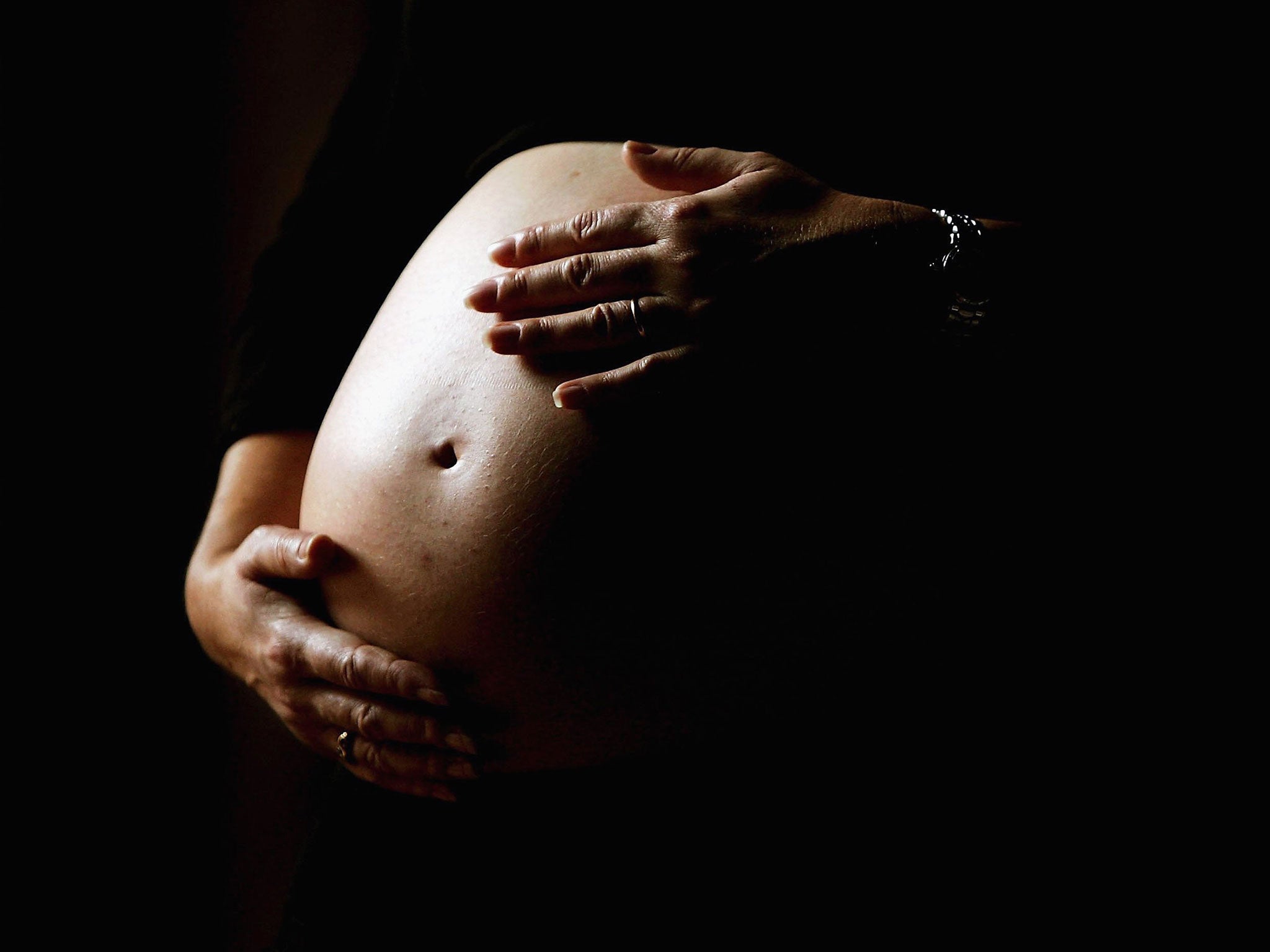Down's syndrome test which is 'safer and highly accurate' approved for pregnant women on NHS
Women may no longer need to undergo invasive tests

Your support helps us to tell the story
From reproductive rights to climate change to Big Tech, The Independent is on the ground when the story is developing. Whether it's investigating the financials of Elon Musk's pro-Trump PAC or producing our latest documentary, 'The A Word', which shines a light on the American women fighting for reproductive rights, we know how important it is to parse out the facts from the messaging.
At such a critical moment in US history, we need reporters on the ground. Your donation allows us to keep sending journalists to speak to both sides of the story.
The Independent is trusted by Americans across the entire political spectrum. And unlike many other quality news outlets, we choose not to lock Americans out of our reporting and analysis with paywalls. We believe quality journalism should be available to everyone, paid for by those who can afford it.
Your support makes all the difference.A simple new blood test which identifies Down's syndrome has been recommended for high-risk women on the NHS, reducing the need for examinations which complications.
The highly accurate, non-invasive prenatal test (NIPT) reduces the need for expectant mothers to undergo invasive amniocentesis, which carries a 1 per cent risk of miscarriage and a one in 1,000 risk of serious infection.
The method, which can be processed in five days, also detects Patau's and Edwards' syndromes, which all occur when cells carrying an extra chromosome.
While most people with Down’s syndrome have learning difficulties, many babies with Edward’s and Patau’s die before or shortly after they are born.
Currently, women who are at 10 to 14 weeks are offered a blood test and ultrasound to check the foetus for abnormalities.
Government advisers at the UK National Screening Committee have now recommended that women with at least a one in 150 chance of their baby having Down’s, Patau's or Edwards' syndromes take the new test.
The examination uses the mother’s blood, which contains the foetus’ DNA, to screen for diseases. Studies show it has a 99 per cent accuracy for identifying Down’s.
Ministers must now approve the recommendations before they can be rolled out.
A study involving 2,500 high and medium risk women at Great Ormond Street Hospital (GOSH) last year showed that the test was safe and 99 per cent accurate.
However, Dr Anne Mackie, director of screening at Public Health England, said that while evidence suggest that NIPT is more accurate than current tests, questions remain about its use in real-life.
"We don't know how good the test is for other genetic conditions - Edwards' and Patau's syndromes - that are currently part of the programme, and the evidence review also found that up to 13 per cent of the NIPTs carried out didn't give any result at all.”
The tests will be introduced out across England to enable experts to alter the screening programme if necessary.
Professor Alan Cameron, vice president of clinical quality for the Royal College of Obstetricians and Gynaecologists (RCOG), welcomed the news.
"This test is the most accurate and safest way of detecting diseases that may have potentially serious consequences, both enhancing the information available to pregnant women and reducing unnecessary invasive procedures," he said.
"Should the test be rolled out, resources and training for healthcare professionals offering this testing will be necessary, in particular around communication and counselling expectant parents about the implications of the test results."
Additional reporting by PA
Join our commenting forum
Join thought-provoking conversations, follow other Independent readers and see their replies
Comments